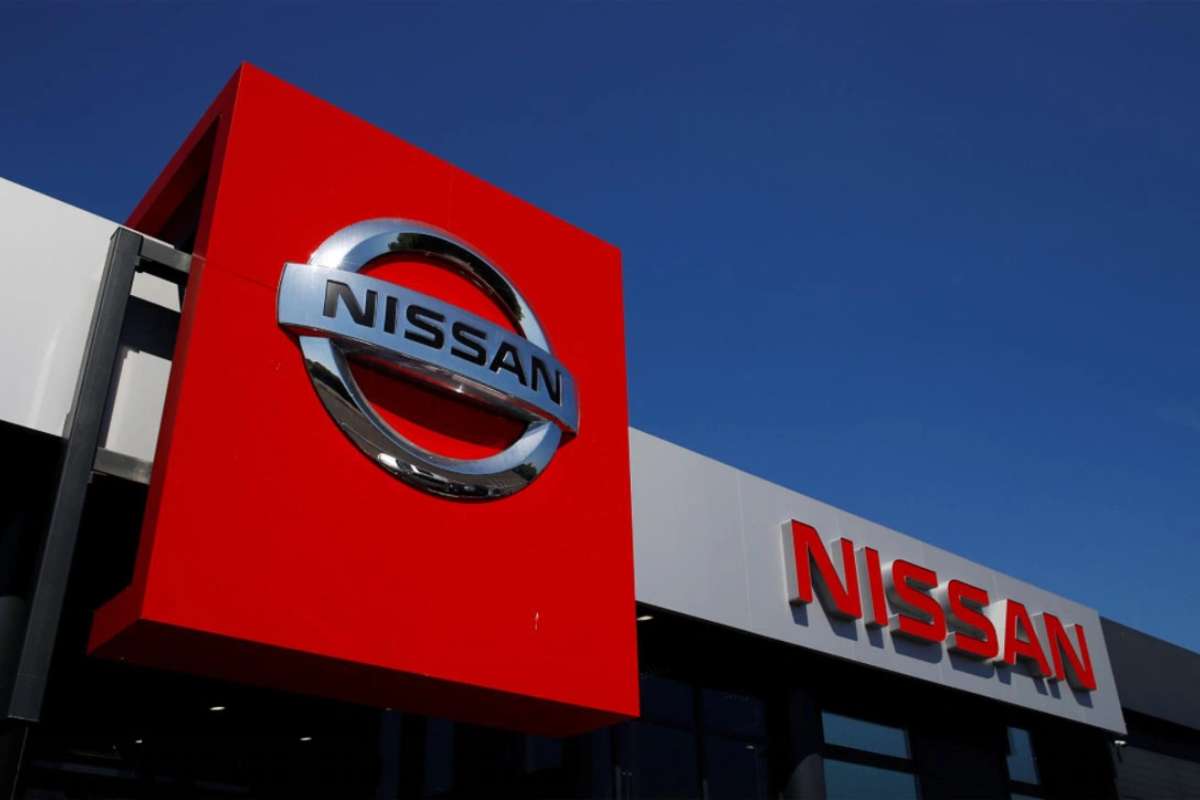Merger Stalls Amid Disagreements
The proposed merger between Japan’s automotive giants, Honda-Nissan Motor, has reached an impasse, casting doubts over the potential formation of one of the world’s largest auto groups. Less than two months after announcing their intent to combine operations, discussions have stalled over structural disagreements. The merger, initially aimed at creating a competitive powerhouse in the evolving auto industry, now faces growing uncertainty as both companies struggle to align their strategic goals.
According to sources familiar with the negotiations, the two companies first considered forming a partnership under a holding company. However, Honda later pushed for a structure that would grant it greater control, proposing that Nissan become its subsidiary—a move Nissan firmly rejected. This disagreement has become a significant roadblock, delaying progress in the negotiations.
Concerns Over Financial Stability
Key Honda executives were skeptical about merging with Nissan from the start, citing concerns over Nissan’s financial health, sources revealed. Nissan has been grappling with declining sales and cost-cutting measures in response to market challenges. Honda, on the other hand, has remained cautious, insisting that Nissan demonstrate progress in its restructuring efforts before moving forward with the merger.
Honda’s internal review of Nissan’s financial outlook and profitability projections led it to set stringent conditions for the merger. While the merger was initially seen as a strategic move to consolidate resources and accelerate investments in electric and software-driven vehicles, Honda’s reluctance to take on Nissan’s financial risks has added further complexity to the talks.
Market Reactions and Future Prospects
If negotiations collapse, the future of both companies’ expansion strategies remains uncertain. The merger was viewed as a potential lifeline for Nissan, which continues to face competitive pressure and operational challenges. Meanwhile, Honda maintains a profitable two-wheeler business but, like Nissan, is navigating the costly transition toward electric vehicle production.
Industry analysts had anticipated that a combined Honda-Nissan entity would become the world’s third-largest automaker, trailing only Toyota and Volkswagen. By merging their expertise and resources, both automakers aimed to share the financial burden of developing next-generation vehicles. Nissan currently sells over three million vehicles annually, while Honda’s sales approach four million. A successful merger would have positioned them as a formidable force in the global automotive market.
Despite the stalled negotiations, discussions have not been formally abandoned. Sources suggest that no official announcements are expected until after Honda and Nissan report their earnings for the October-to-December quarter next week. However, market reactions have already reflected investor sentiments—Nissan’s shares dropped nearly 5% on Wednesday, while Honda’s stock saw an 8% increase.
As the auto industry undergoes rapid transformation, the outcome of Honda-Nissan merger talks could have significant implications for both companies’ long-term strategies. Whether the negotiations will resume or formally break down remains to be seen.











